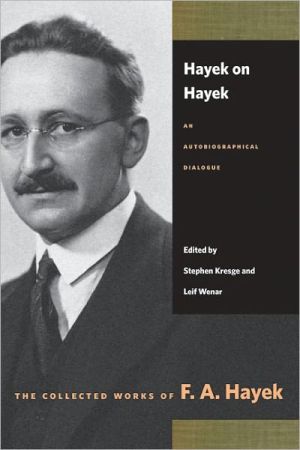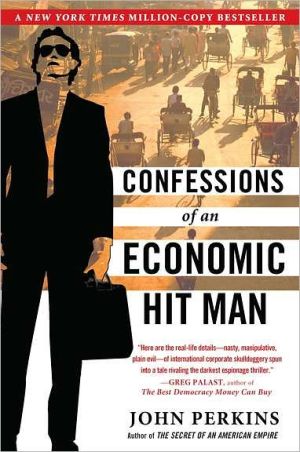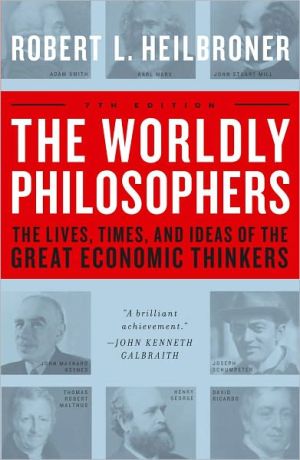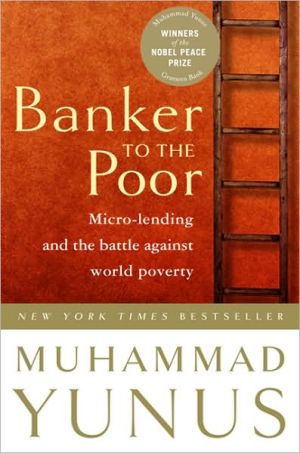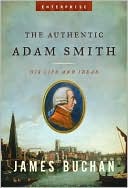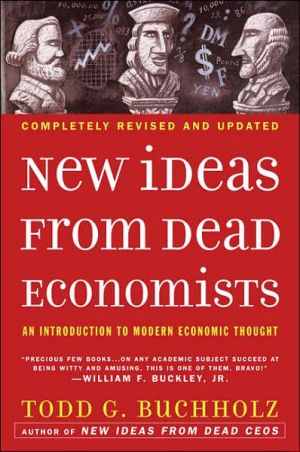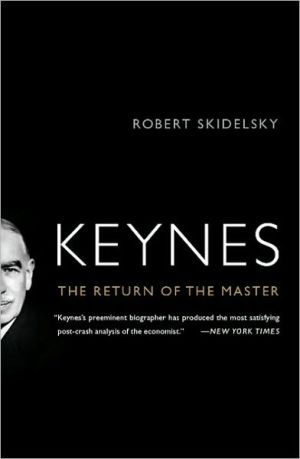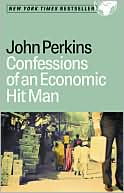HAYEK ON HAYEK: AN AUTOBIOGRAPHICAL DIALOGUE
The crumbling of the Berlin Wall, the fall of the iron curtain, and the Reagan and Thatcher "revolutions" all owe a debt to F. A. Hayek. Economist, social and political theorist, and intellectual historian, Hayek championed individual liberty and condemned the dangers of state control. Now Hayek at last tells the story of his long and controversial career, during which his fortunes rose, fell, and finally rose again. Through a complete collection of previously unpublished autobiographical...
Search in google:
"The crumbling of the Berlin Wall, the fall of the iron curtain,and the Reagan and Thatcher "revolutions" all owe a debt to F. A. Hayek. Economist, social and political theorist, and intellectual historian, Hayek championed individual liberty and condemned the dangers of state control. Now Hayek at last tells the story of his long and controversial career, during which his fortunes rose, fell, and finally rose again." "Through a complete collection of previously unpublished autobiographical sketches and a wide selection of interviews, Hayek on Hayek provides the first detailed chronology of Hayek's early life and education, his intellectual progress, and the academic and public reception of his ideas. His discussions range from economic methodology and the question or religious faith to the atmosphere of post-World War I Vienna and the British character, Included is the full text of a 1945 radio-broadcast debate between Hayek and American advocates of state planning, remarkable for the way it anticipated contemporary debates on state control." "Born in 1899 into a Viennese family of academics and civil servants, Hayek was educated at the University of Vienna and fought in the Great War for the fading Austro-Hungerian Empire, He returned from the army to the Vienna of Freud and Wittgenstein (Hayek's second cousin), and later moved to London, where, as he watched liberty vanish under fascism and communism across Europe, he wrote The Road to Serfdom." "Although Hayek attracted great public attention with The Road to Serfdom in 1944, he was all but ignored by other economists for thirty years after World War II, when European social democracies boomed and Keynesianism became the dominantintellectual force. During these years, Hayek turned his attention to philosophy and psychology, and his ideas about the spontaneous order of markets and other social institutions strikingly foreshadowed some of today's concepts in chaos theory and cognitive science. The award of the Nobel Memorial Prize in Economics in 1974 signaled a reversal in Hayek's fortunes, and before his death in 1992 he saw his life's work vindicated in the collapse of the planned economies of Russia and Eastern Europe," Hayek on Hayek is as close to an autobiography of Hayek as we will ever have, In his own eloquent words, Hayek reveals the remarkable life of a revolutionary thinker in revolutionary times.
Introduction 1Pt. 1 Vienna - New York - Vienna 37Pt. 2 London 75Pt. 3 A Parting in the Road 99Pt. 4 Chicago-Freiburg 125Publications and Letters Mentioned in Text 157Index of Persons and Places 161
\ Publishers Weekly - Publisher's Weekly\ Champion of a free-market economy as a prerequisite to a free society, Friedrich August von Hayek (1899-1992) fought a losing battle against the centralizing policies of John Maynard Keynes. Nevertheless, the Vienna-born libertarian economist and political philosopher, who moved to London in 1931 and taught at the University of Chicago from 1950 to 1962, saw some of his ideas vindicated by the collapse of communism. Hayek's tough-minded approach to welfare reform and his belief that private enterprises should be allowed to compete with government make his views timely. In this feisty self-portrait, splicing autobiographical sketches and selected interviews, the 1974 Nobel Prize winner settles scores with Keynes and Harold Laski, discusses his affinity for his adopted country, Britain, and delves into monetary policy. Kresge is general editor of Hayek's collected works; Wenar is a Ph.D. candidate at Harvard. (May)\ \ \ \ \ Library JournalEconomist, social and political theorist, and intellectual historian, Hayek has condemned state control of economies and societies throughout his 60-year career. Best known for his popular book, The Road to Serfdom (1945), which denounced central planning, Hayek was also a pioneer in monetary theory and a principal proponent of the libertarian philosophy. Ignored by many economists during the post- World War II era when Keynesianism was the dominant intellectual force, Hayek finally came into his own again in 1974 when he was awarded the Nobel Prize in economics. His life and views are depicted in a series of oral history interviews and in Hayek's own autobiographical notes. Recommended for large academic libraries.- Harry Frumerman, formerly with Hunter Coll., CUNY\ \
